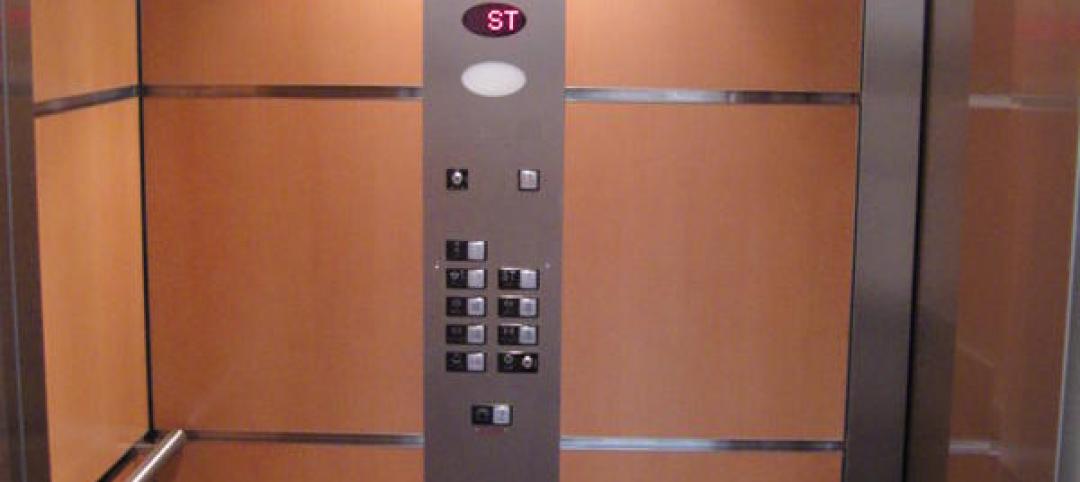The American Concrete Institute’s completely reorganized ACI 318-14, “Building Code Requirements for Structural Concrete and Commentary,” is open for public review for a 45-day period.
“Members of ACI Committee 318 have been actively working on this completely reorganized Code for over 10 years, and have collectively dedicated over 96,000 work hours to improve its usability and increase confidence among all Code users,” said Randall W. Poston, Ph.D., P.E., S.E., Chair, ACI Committee 318. “The committee encourages Code users and those interested in ACI 318 to visit the web portal at www.concrete.org/ACI318, download and review the complete draft of ACI 318-14, and provide the Institute with insight and comments for further improvements by June 17, 2014.”
ACI 318-14 has been reorganized for greater ease of use and to address design requirements for specific member types, such as beams, columns, walls, and diaphragms. All design provisions for a specific member type are contained within a single chapter. The committee also enhanced the readability of the document.
Many lengthy provisions were parsed into multiple shorter provisions addressing single requirements, and several provisions were defined using tables. The increased use of graphs and tables instead of text provides clearer presentation of the information. Code language was edited for consistent use of terms and symbols.
Significant highlights of the new ACI 318 include:
· Improved language and style consistency
· Improved logic and flow of information
· Member-based organization to quickly locate relevant code information
· Construction requirements centralized in one chapter
The 2014 edition of ACI 318-14 “Building Code Requirements for Structural Concrete” is expected to be available in fall 2014, and be referenced in the 2015 edition of the International Building Code.
Related Stories
| May 3, 2012
Green-roof requirement now includes industrial facilities in Toronto
A mandate that requires installation of green roofs on new commercial and residential buildings in Toronto has been expanded to include industrial facilities.
| May 3, 2012
Innovative wastewater treatment helps achieve LEED rating
LEED for New Construction, Neighborhood Development and the LEED Volume Program offer some ways to achieve LEED points when dealing with wastewater treatment.
| Apr 26, 2012
Lack of bolts on steel support caused collapse at Cincinnati casino
Too few bolts connecting horizontal steel support beams with vertical steel columns was the cause of January’s construction accident at Horseshoe Casino Cincinnati, according to the report of the Occupational Safety and Health Administration.
| Apr 26, 2012
OSHA criticized for taking too long to roll out safety rules
The Occupational Safety and Health Administration takes far too long to adopt new safety regulations compared to other agencies’ development of rules, safety experts said during a Senate hearing.
| Apr 26, 2012
Contractors fear that GSA scandal will lead to fewer federal construction contracts
In the wake of the recent scandal at the General Services Administration in which workers spent lavishly at a Las Vegas conference, a spokesman for Associated General Contractors of America said contractors are worried the scandal will result in cuts to GSA's construction and renovation budgets.
| Apr 26, 2012
Developers can use LEED wastewater credits to help gain approvals in environmentally sensitive locales
Those wanting to pursue development in heavily regulated and environmentally sensitive areas are benefiting by designing projects that qualify for LEED points, even if the project as a whole does not achieve certification.
| Apr 26, 2012
New York City Council moves to license elevator mechanics
New York’s City Council introduced a measure last week that would require the city’s 7,000 elevator mechanics to meet national standards and be licensed by the city.
| Apr 23, 2012
AAMA releases updated specification for anodized aluminum
AAMA 611-12 describes test procedures and requirements for high performance (Class I) and commercial (Class II) architectural quality aluminum oxide coatings applied to aluminum extrusions and panels for architectural products.














